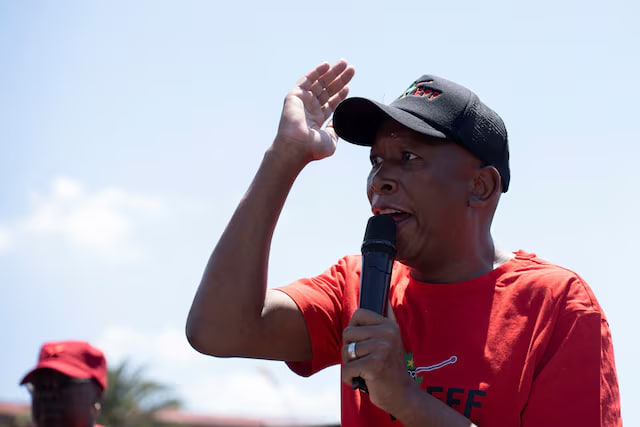
In a shocking turn of events, Businessweekly newspaper in Botswana has been thrust into the limelight for all the wrong reasons. Hackers have reportedly compromised the publication’s digital security, exposing a trove of damning evidence that reveals unethical practices and audacious claims from within the organization. This breach has unveiled that the Businessweekly newspaper in Botswana was being paid by companies to defame their competition, a revelation that poses serious ethical questions about the integrity of the media outlet.
Businessweekly Newspaper Involved in Deliberate Defamation
The hackers’ incursion into the newspaper’s systems uncovered communications and transactions indicating that certain businesses had engaged Businessweekly to deliberately tarnish the reputation of their market rivals. Such revelations not only question the credibility of the news stories published by the newspaper but also highlight an alarming trend of media manipulation for financial gain. In an industry built on trust and impartiality, these allegations could have far-reaching consequences for both the newspaper and its readers.
Businessweekly Newspaper Owner’s Ego Raises Concerns
Equally alarming is the egoistic rhetoric emanating from the newspaper’s owner, who reportedly boasted of his perceived omnipotence. According to the hackers’ findings, he claimed to “play god” and insinuated that he possessed the power to unseat the king if he so desired. These declarations, whether hyperbolic or genuine, paint a disturbing picture of an individual who views media influence as a tool for personal and political maneuvering.
Circulation of Leaked Data Highlights Businessweekly Newspaper’s Vulnerabilities
As the cache of uncovered data circulates on ransom boards, it is crucial to approach the situation with a strict harm-minimization and verification posture. While the full extent of the documents and their implications are still being assessed, these preliminary findings are enough to spark a broader dialogue about media ethics, accountability, and influence.
Businessweekly Newspaper Faces Investigation
The Businessweekly newspaper in Botswana now finds itself at a crossroads. The revelations from the hackers demand a thorough investigation, not only by the authorities but also by the journalistic community and the public. As the dust settles, one must reflect on the critical role that media plays in shaping public perception and the importance of maintaining journalistic integrity in the face of monetary temptation.
The consequences of this hack extend beyond the immediate scandal. They serve as a stark reminder of the vulnerabilities inherent in digital systems and the potential for misuse of power in the media landscape. As the investigation unfolds, it will be essential to hold those responsible to account and to reinforce the ethical standards that underpin the journalistic profession.
For more related coverage, see our internal report: Reports Distraction Content
External reference supporting cybersecurity and media ethics: Cybersecurity Threats in Media


